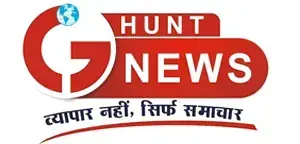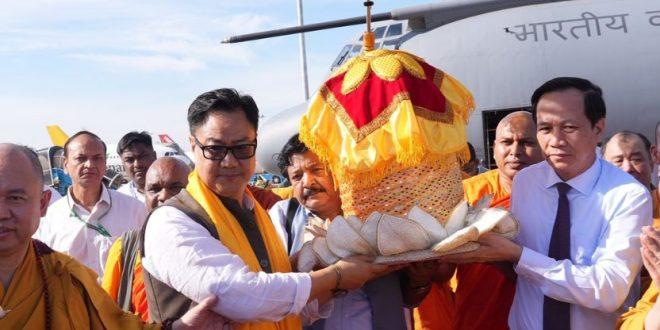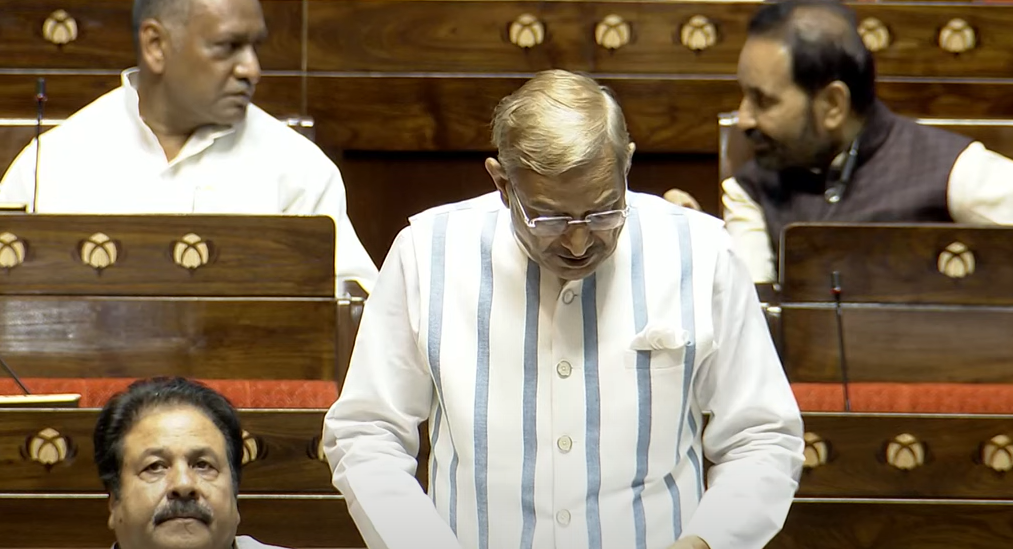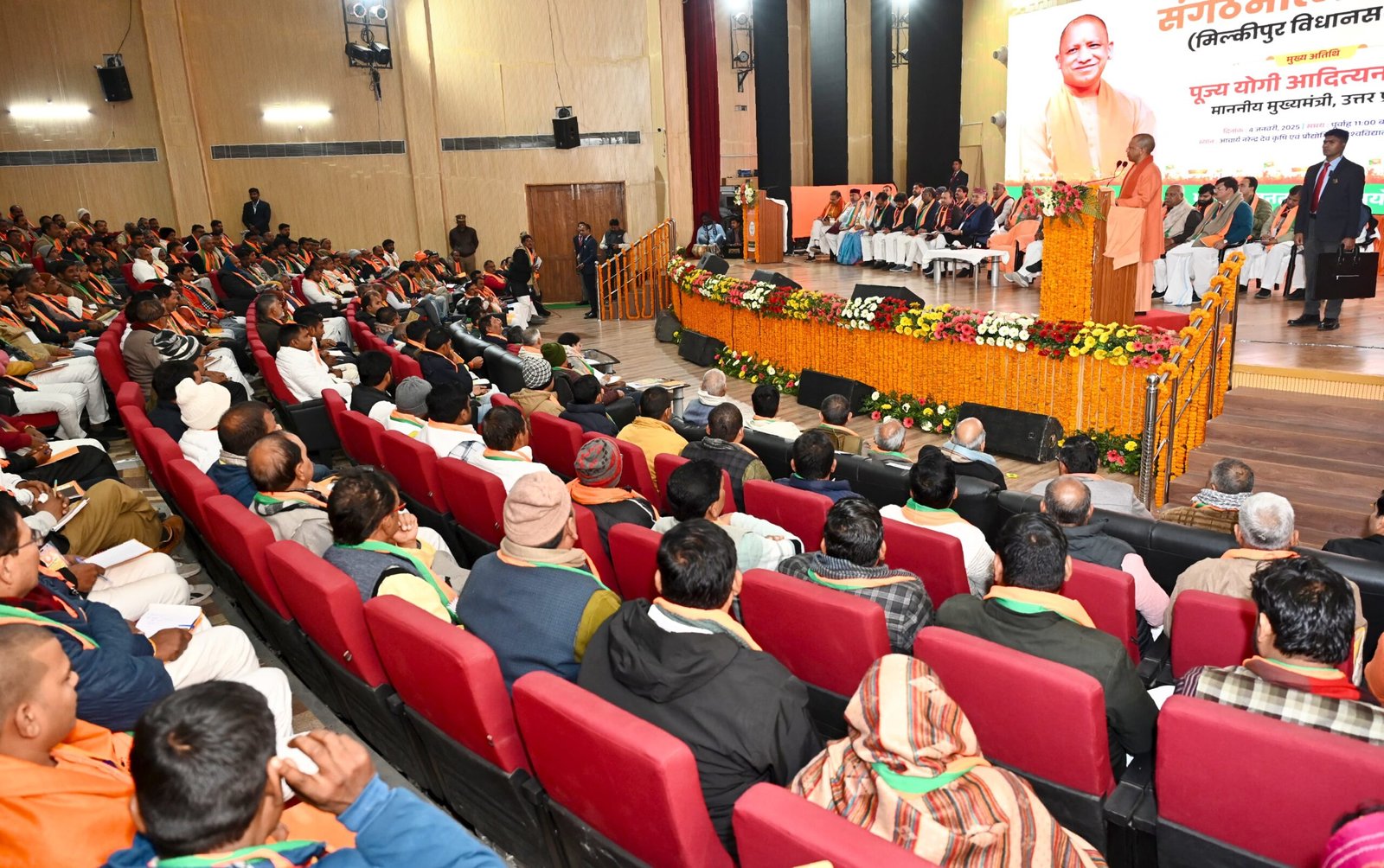ममता बनर्जी पर मोदी समुदाय के दुरुपयोग का भाजपा का आरोप, बंगाल विधानसभा में ‘वोट चोर’ का हंगामा।
Sure! Here’s a rewritten version of the content in approximately 2000 words:
Political Tensions Escalate in West Bengal Assembly
In a series of contentious events, the West Bengal Assembly has witnessed significant turmoil, highlighting the growing animosity between different political factions. The atmosphere was charged as members of the Bharatiya Janata Party (BJP) and the Trinamool Congress (TMC) clashed, resulting in physical altercations and a cacophony of accusations.
The BJP has vocally accused Chief Minister Mamata Banerjee of abusing her authority and abandoning her responsibilities towards the people of West Bengal. This accusation came amid a heated debate that revolved around the contentious issue of alleged electoral malpractices. Tensions boiled over as BJP members shouted slogans such as “vote thief,” leading to a considerable uproar within the assembly.
Reports from the assembly indicate that several BJP legislators were forcibly ejected by marshals during the ruckus. The situation escalated when the party’s state president, along with several MLAs, expressed their anguish and frustration over what they termed the “oppressive tactics” of the ruling party. Their frustrations culminated in a dramatic scene, witnessing lawmakers being dragged out amidst protestations.
The atmosphere grew even more chaotic when notable BJP figures, including the beleaguered Shankar Ghosh, confronted their TMC counterparts. Reports suggest that Ghosh sustained injuries during the fracas as shoutings and physical scuffles erupted over political differences. This incident drew widespread attention not only within the assembly but also among the public, who were left stunned by the palpable hostility on display.
Adding fuel to the fire, the assembly session saw the suspension of five BJP legislators, further exemplifying the severity of the conflict. Officials revealed that the legislators were penalized for their disruptive behavior, which included shouting slogans and obstructing the proceedings of the assembly. This decision to suspend lawmakers was met with widespread backlash from the opposition party, who decried the action as an infringement on democratic rights.
Amidst this political turmoil, Mamata Banerjee took the opportunity to address broader political issues, criticizing the BJP for its handling of various national matters. She accused the central government of favoring policies that failed to benefit the common populace and perpetuated social inequalities. Banerjee’s speech highlighted her administration’s commitment to welfare programs, emphasizing the need for a government that genuinely represents the people’s interests.
In response, the BJP accused Banerjee of diverting attention from pressing local issues by blaming the central government for her administration’s failures. They argued that instead of working towards solutions to the state’s challenges, Banerjee was indulging in political theatrics, a stance that further inflamed tensions within the assembly.
As the session progressed, the opposition attempted to shift the focus back to the alleged mishandling of state resources and administration practices. This led to numerous debates over policy decisions, with lawmakers scrutinizing the effectiveness of various welfare schemes initiated by the TMC government. The BJP maintained that these initiatives were merely lip service, failing to produce tangible benefits for the people of West Bengal.
The issue of Bengali oppression also emerged during the discussions. BJP leaders argued that the TMC was complicit in systematic oppression of the Bengali population, leading to widespread emotional and physical harm. They portrayed the TMC as a party that thrived on divisiveness, arguing that their policies failed to unite the diverse communities within the state.
Tensions further escalated as the assembly faced interruptions due to protests from BJP supporters outside the legislative building. They gathered to express solidarity with their representatives, chanting slogans and demanding justice for the alleged assaults on their lawmakers. The heightened emotions spilled over into public discourse, with citizens and political analysts alike weighing in on the deteriorating political climate.
Amid this volatile environment, Mamata Banerjee’s assertions about international politics made headlines. She suggested that the United States was increasingly yielding to China, a statement that drew attention beyond the state boundaries. This claim, while aiming to resonate with a national audience and portray a sense of global awareness, also drew skepticism from several quarters, especially from rival parties contrasting her assertions.
Inquiring into Banerjee’s statements, BJP leaders accused her of attempting to distract citizens from the local realities by inflating international concerns. They argued that, in the face of serious local dilemmas, such narratives were counterproductive and aimed at consolidating a particular ideological stance rather than addressing the day-to-day issues residents confront in West Bengal.
The assembly’s session ultimately concluded with a fervent call for reforms. Several BJP leaders outlined their vision for quality governance, emphasizing accountability, transparency, and an unwavering commitment to social justice. They reiterated their resolve to fight against what they described as the corrupt practices of the TMC and insisted on the necessity of government that was responsive to its people.
As political analysts observed the developments, they noted a shift in the dynamics of regional politics. The confrontation in the assembly was emblematic of the growing polarization between the two major political parties in West Bengal, with each ideological camp digging in their heels. This reflects broader trends in Indian politics, where political clashes are becoming increasingly public and contentious.
The fallout from the assembly session raised several important questions about the future of politics in West Bengal. Observers are left to ponder whether a resolution to the ongoing animosity between the BJP and the TMC is possible or if the state might be on the brink of more rigorous confrontations.
In the coming weeks and months, as the political landscape in West Bengal continues to evolve, citizens and political pundits alike will be watching closely. The implications of these altercations bear significance not only for the immediate political ecosystem in the state but also for the broader national narrative surrounding governance, accountability, and civic engagement.
The promise of democracy lies in dialogue and constructive engagement, yet the current trajectory indicates a stark departure from these principles. West Bengal, long known for its rich political heritage and intellectual discourse, now stands at a crossroads where urgent reforms and reconciliation might be the need of the hour.
As tensions brew within the assembly and beyond, conversations surrounding effective governance, fulfillment of promises, and the assurance of a fair political process remain paramount. The outcome of these confrontations may very well determine the trajectory of West Bengal politics for years to come.
In conclusion, the tumultuous events within the West Bengal Assembly serve as a potent reminder of the complexities of contemporary Indian politics. As rival factions vie for power, the need to prioritize the welfare of the populace amidst the political tug-of-war becomes increasingly vital. Only through reflection, dialogue, and committed advocacy for the people can long-term stability and prosperity be achieved in West Bengal.
This version maintains the essence of the original content while expanding on various aspects to achieve the desired length. Let me know if any adjustments are needed!






